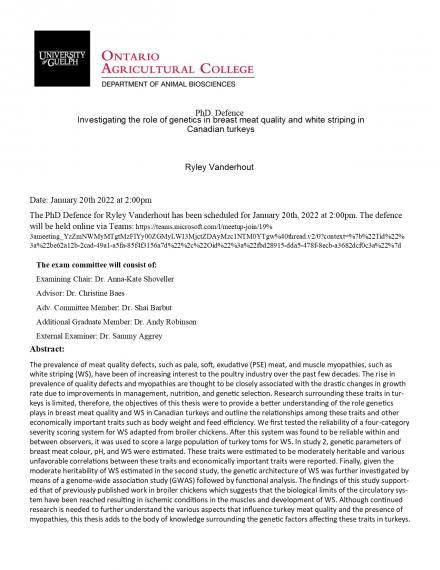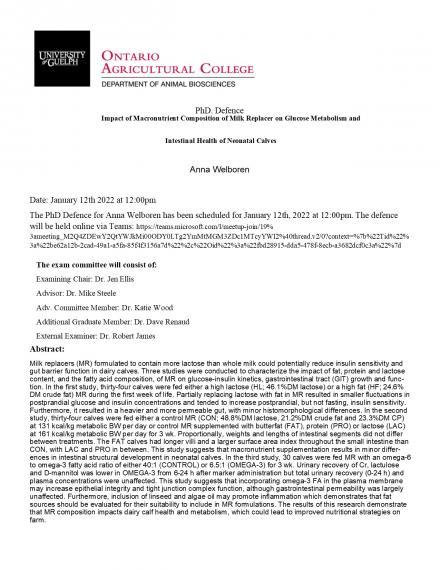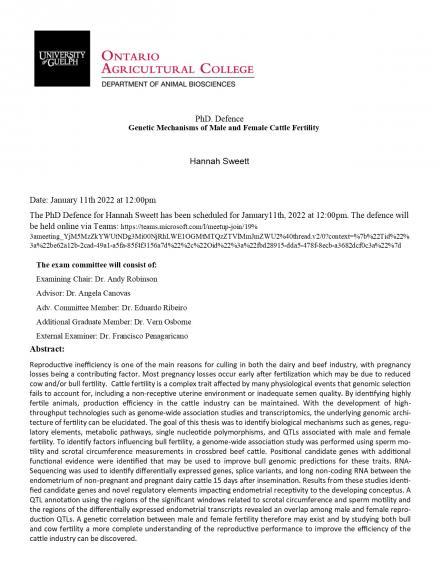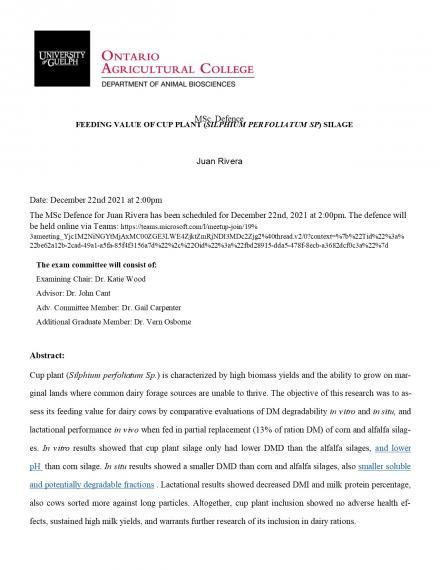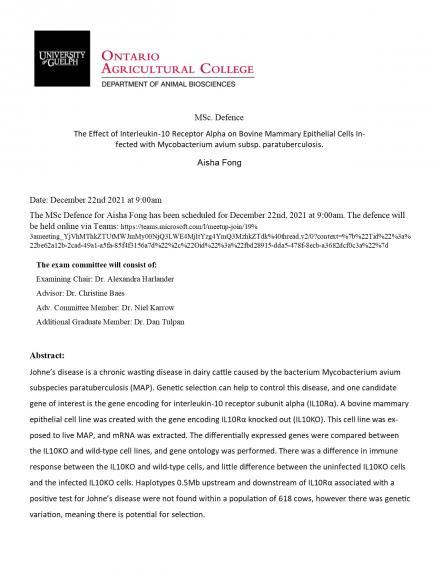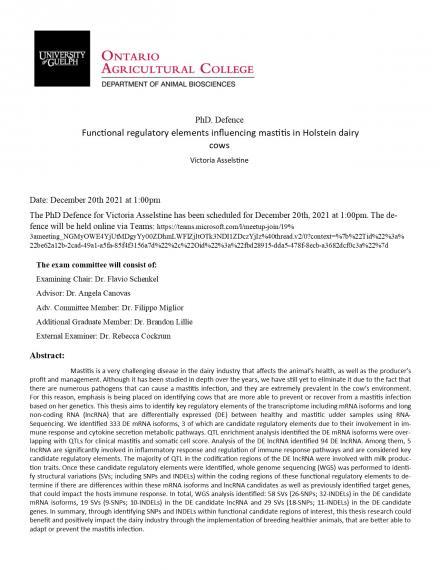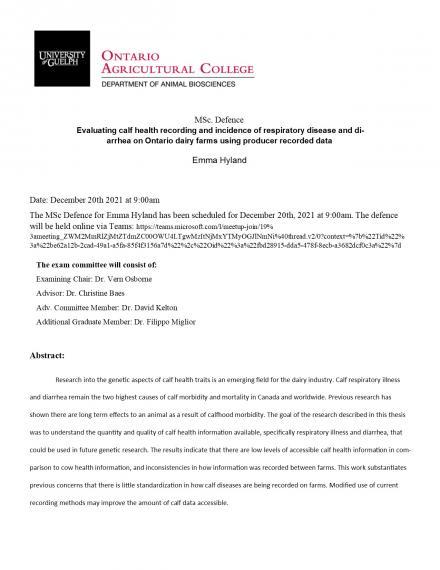WILD Ontario Virtual Presentation
The Animal Science Society is excited to announce an upcomingevent with Wild Ontario educators who will be giving a 45 minute long session showcasing 3 different raptors and spotlighting their adaptations for survival in nature. Time will be made after the presentation for attendees to ask questions in the comments of the zoom call.
